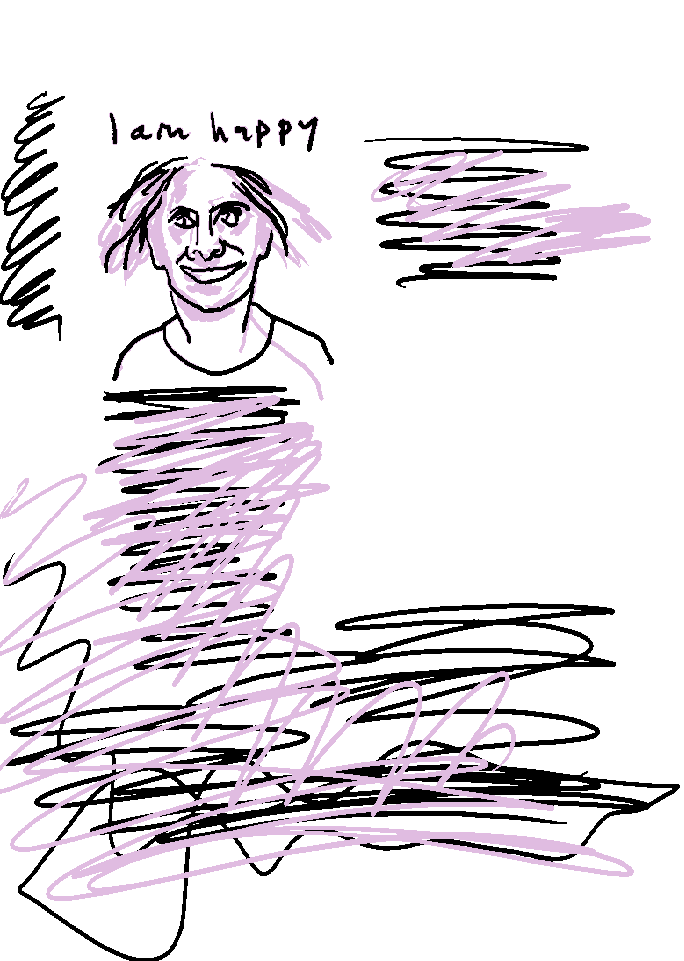As the UK’s new Prime Minister stood outside the famous black door of 10 Downing Street, addressing the public for the first time as leader, he made clear that bringing Britain together was his intention.
Johnson opened by saying that pessimists “at home and abroad” had created an impression that the UK had become a “prisoner” to the divisions Brexit created in 2016.
His message was simple: “The critics are wrong … the gloomsters will be wrong again.”
He said that to give the UK the shot in the arm it needs, he would immediately get working on key issues that divide the citizens he now works for. He talked about reforming social care, investing in education, putting more police on the streets and making the National Health Service work more for the people of the country.
It’s certainly true that if these issues were fixed, the United Kingdom would become, well, more united.
Indeed, Theresa May, Johnson’s predecessor, said similar things when she stood on the steps of Downing Street three years ago.
But then Brexit happened – or didn’t, more specifically. The UK’s failure to agree how it will leave the EU has sucked all oxygen from politics and pushed all other policy out the way.
It has made the UK virtually ungovernable.
All Johnson had to say on Brexit was that it would happen on October 31, “no ifs, no buts,” and that with a new optimistic outlook, the UK would get a brand new deal from Europe.
Given that the EU has repeatedly said this won’t happen, this might be wishful thinking. Which leaves us with option two in the “no ifs or buts” scenario: no deal.
Boris Johnson might be optimistic today. But he faces all the same problems as Theresa May when it comes to Brexit.
Soon, Johnson will have to pick between the softer, pragmatic Brexiteers and the hardliners who want no deal.
Until now, he has been able to promise everyone the world. But with just 99 days to sort out Brexit, Johnson’s honeymoon period could be over before his premiership gets going. And if he gets this wrong, his premiership could be over before you know it.











